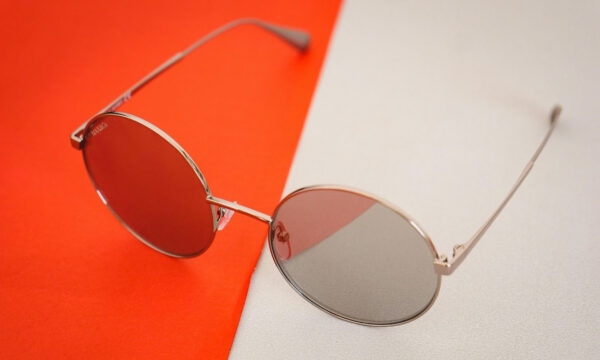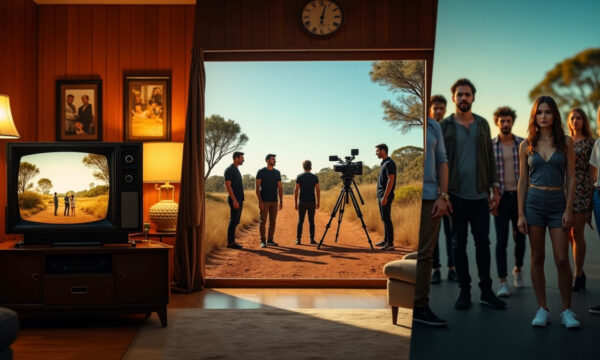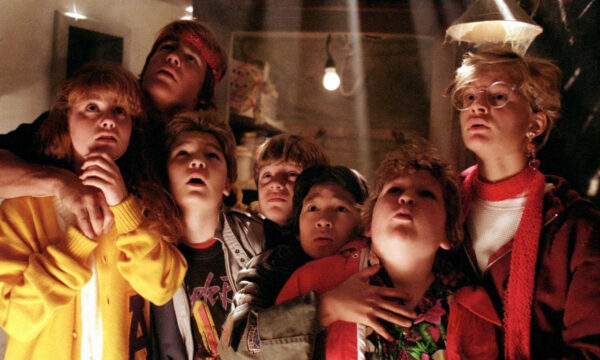Why people with ED are more likely to use dating apps

Seems surprising, right? When you think of dating apps, chances are you think of lots of casual, no-strings-attached dates.
But a survey of 1,000 men by Numan, a leading men’s wellness brand, discovered that men who use dating apps are more likely to have erectile dysfunction (ED) than those who don’t.
According to the data, almost three-quarters (69%) of men who used dating apps reported experiencing ED. On the flip side, men who didn’t use dating apps reported significantly lower levels of ED; with only 19% of non-users experiencing ED with the same frequency.
So, why are men with ED so fond of swiping right? Let’s find out.
Got any more of that Tinder, man?
Dating apps like Tinder and Omegle are highly addictive. The possibility of matching partners can keep users swiping for hours on end due to a psychological phenomenon known as variable ratio reinforcement. When users are rewarded with matches at random intervals, they can become hooked – swiping continuously until they get their next hookup.
Variable ratio reinforcement is also the psychological force that compels people to keep using games. The addictive nature of dating apps can send users down a spiral of anxiety and depression – which alone can trigger ED. But it’s not only the excitement of potentially matching and meeting a partner that gets people hooked to hook up apps. It’s also the attention.
A survey of 9,761 Tinder users found that almost half of them use Tinder for “confidence-boosting procrastination”. One male student admitted to using Tinder for “quick and easy validation” because it made him feel better about his insecurities.
Indeed, the same sentiment appears to be held among some users of the gay dating app Grindr. According to psychiatrist Jack Turban, some men log on to Grindr when they are feeling sad, anxious, or lonely to assuage these feelings and boost their sense of self-worth. But the solace dating apps provide from these painful emotions is only temporary. In fact, in the long run, dating apps can actually make them worse. The mixture of addictive, unpredictable thrills and quick validation can send users down a negative spiral of guilt, anxiety, and depression.
After interviewing Grindr users, Turban discovered that engaging in “shallow” conversations and sexting left them feeling “more depressed, more anxious, and even more isolated” than before they started.
But because dating apps are so addictive, people return to them repeatedly for the “temporary emotional relief”. One Grinder user reported that, despite feeling emotionally damaged after his hookups, he would return to the app and continue swiping for hours on end – repeating the cycle.
This is significant because anxiety and depression are closely linked with ED. Anxiety activates the sympathetic nervous system (SNS), which, in turn, increases heart rate, widens the airways in the lungs, and increases the flow of blood to your muscles.
As a result, less blood is supplied to your penis, resulting in weaker erections – or no erection at all. Feelings of anxiety can persist in both the short-term and long-term, and can have a significant impact on your sex life if left untreated.
With dating apps gaining increasing popularity around the world, it is likely that more people will experience anxiety and mental health problems if they continue to be used in the same way they are today.
Already, studies have shown that some male Tinder users have lower levels of self-worth and are less satisfied with their faces and bodies than men who do not use the app. Further, a poll of 200,000 iPhone users revealed that, out of 15 other popular apps, Grindr made users the most unhappy – with 77% of users confessing it made them feel despondent.
With anxiety being a well-established cause of ED, it is therefore not unreasonable to suggest that dating apps, and the effect they have on mental health, may have had a part to play in the results of Numan’s survey. In fact, the survey revealed that 79% of men who had experienced ED had also suffered from anxiety.
Just a few months ago Tinder surpassed Netflix as the top-grossing, non-mobile app in the app store. As dating apps become more popular, there will no doubt be new insights into the complex area of men’s mental health. Numan’s survey reveals that there’s more to men’s wellbeing than meets the eye. With more research like this, the many facets of men’s mental health can slowly be identified, demystified, and ultimately addressed.
The editorial unit

























Facebook
Twitter
Instagram
YouTube
RSS